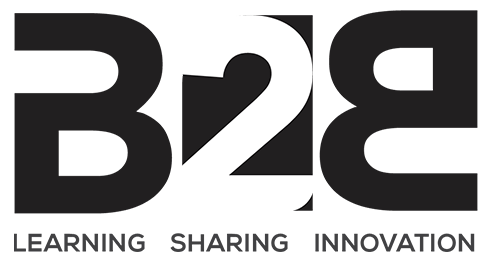Despite a massive fall in deal making in the March quarter, deal makers laughed their way to the bank with USD 261.5 million in investment banking fees during the same period, according to a report. The amount is 2 per cent higher compared to the year-ago period.
In the three months ended March, deal-making activities declined for the third consecutive quarter, making it the slowest start to a year since 2016 amid multiple headwinds.
Geopolitical tensions, supply chain disruptions, rising interest hikes and global recession fears continue to dampen boardroom confidence and investor sentiment, Refinitiv, which is an LSEG business unit and among the world’s largest providers of financial markets data and infrastructure, said in the report.
Equity Capital Market (ECM) underwriting fees rose 15 per cent to USD 50 million — the highest first quarter fees since 2021 while debt capital market underwriting fees totalled USD 71.4 million. The latter is a 22 per cent increase compared to the year-ago period.
Syndicated lending fees soared 86 per cent on-year generating USD 59.6 million in the first quarter of 2023.
However, completed M&A advisory fees fell 35 per cent on-year and totalled USD 80.5 million.
Wall Street investment banker Goldman Sachs took the top position for overall investment banking fees walking away with USD 20.2 million, accounting for 7.7 per cent of the wallet share in the investment banking fee pool, the report said.
Jefferies took the lead in ECM underwriting with USD 1.87 billion in related proceeds and 35.5 per cent market share. AK Capital Services topped the bond underwriting, with proceeds of USD 3.5 billion and accounted for 14.6 per cent market share.
The ECM market raised USD 5.3 billion in the first quarter, which is 42.4 per cent more than a year ago, making it the highest first quarter period by proceeds since the start of 2021. Number of ECM offerings grew 50.9 per cent.
Out of the total, IPO raised USD 142.8 million, down 86.7 per cent from a year ago, but the number of IPOs saw a 35.7 per cent increase year-on-year.
Follow-on offerings nearly doubled, raising USD 5.1 billion, driven by the share sale of four Adani group companies which totalled USD 1.9 billion.
M&As fell to a seven-year low to USD 10.8 billion, down 68.3 per cent as the number of announced deals dropped 3.3 per cent. Target India M&As reached USD 8.5 billion, down 70.4 per cent, making it the lowest first quarter by value since 2016.
Domestic M&As totalled USD 4.9 billion, down 67.3 per cent. Out of them, inbound M&As plunged 73.9 per cent to USD 3.6 billion and outbound M&As reached USD 2.1 billion, down 58.8 per cent with the US taking as much as 39.2 per cent market share.
Majority of the deal making activity involving India were in the industrials sector which totalled USD 2.3 billion, up 1.1 per cent and captured 21.5 per cent market share.
Financials totalled USD 1.9 billion, down 55.2 per cent with 17.8 per cent market share. Energy & power captured 11.8 per cent market share with USD 1.3 billion deals, which was up 123.6 per cent more than the year-ago period.
High technology sector, which saw the greatest number of deals in the March quarter accounted for 7.4 per cent market share with USD 801 million, down 90.9 per cent in value from a year ago.
Private equity-backed M&As amounted to USD 2.6 billion, down 76.6 per cent, making it the lowest first quarter period since 2020.

























































